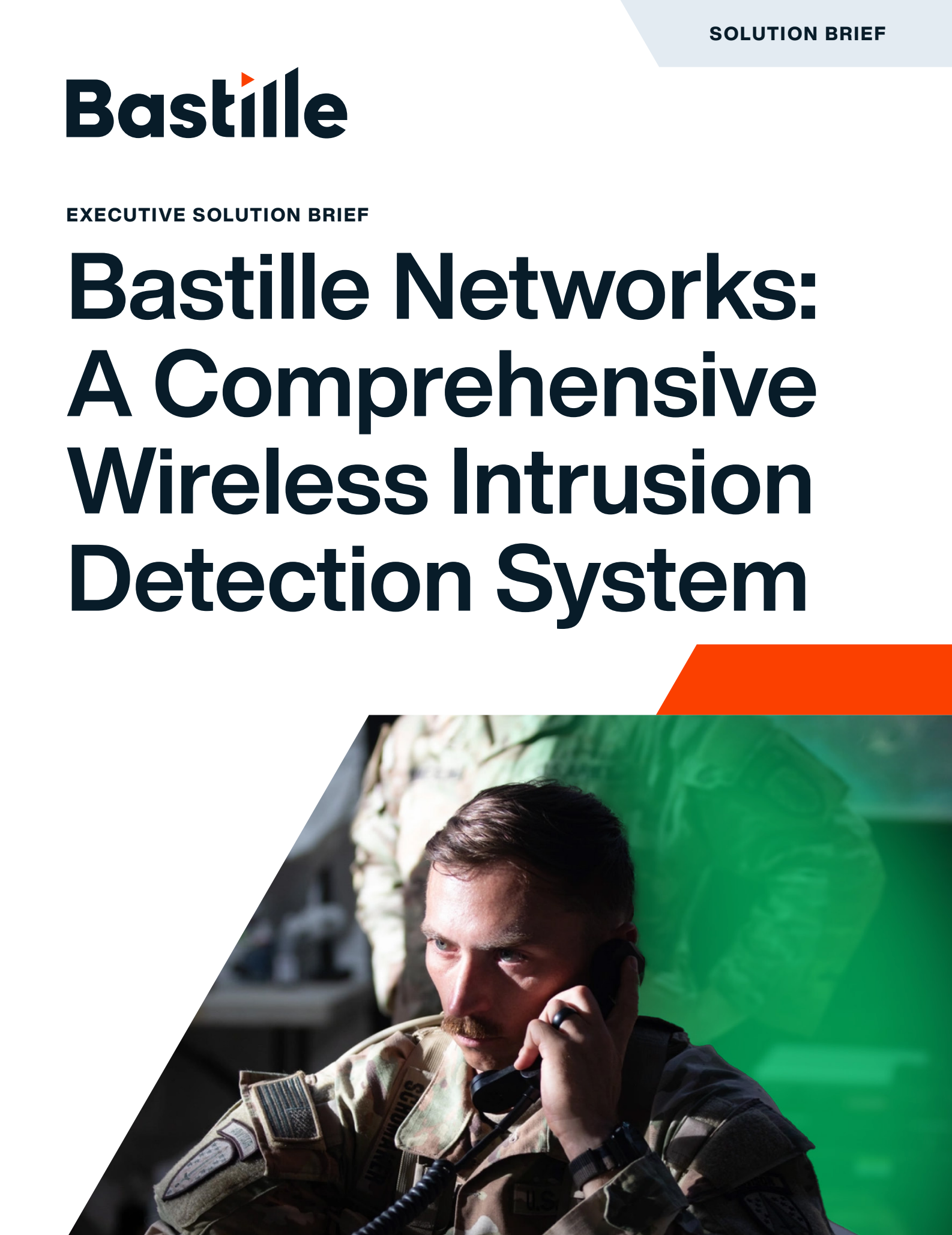What We Do
The Bastille research team is a specialized group of cybersecurity engineers and wireless security experts who focus on identifying and analyzing threats in the radio frequency spectrum. Led by experts in software-defined radio and data science, the team researches wireless protocols across the electromagnetic spectrum to understand device behavior, reverse-engineer RF communications, and develop detection techniques for malicious wireless activity. Their work spans multiple domains including wireless airspace defense, OT/ICS security, and RF threat intelligence, combining deep technical knowledge of radio theory, signal propagation, and protocol analysis to uncover vulnerabilities in wireless devices and protect organizations from emerging threats like data exfiltration, unauthorized wireless access, and attacks on IoT and industrial control systems.



